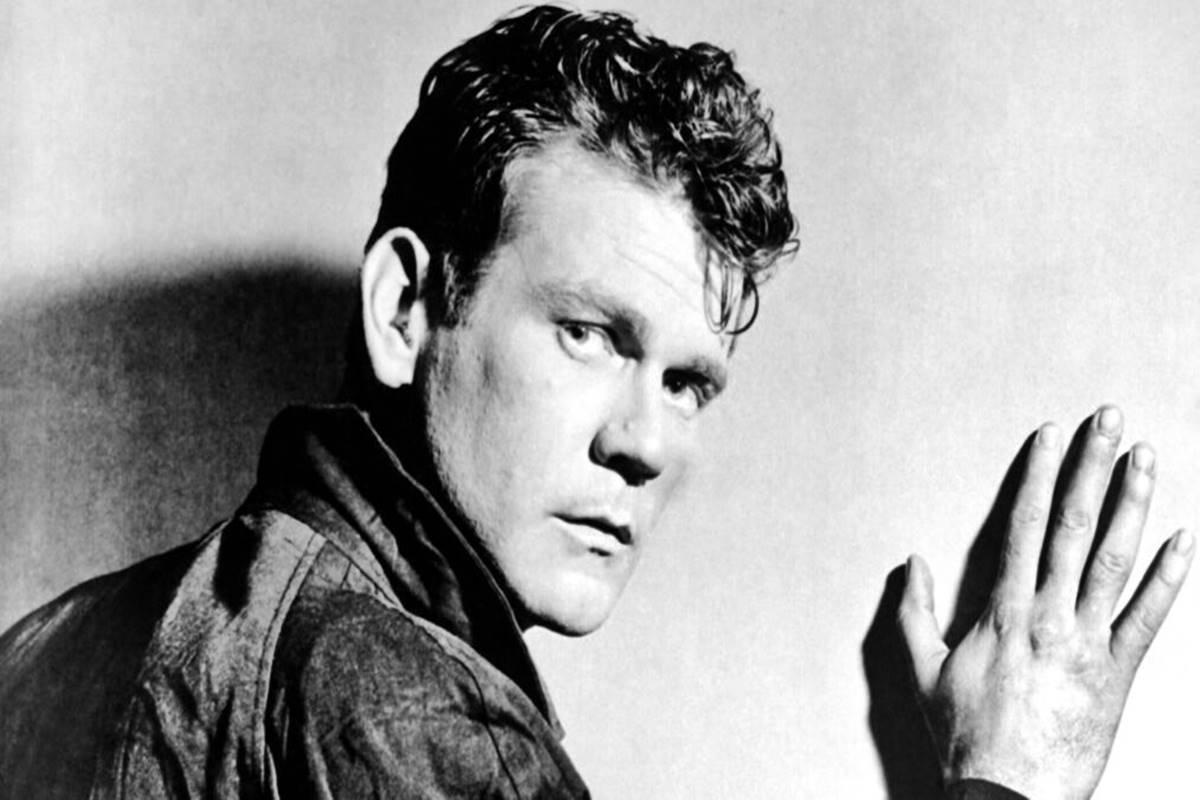Legendary actor Don Murray, celebrated for his Oscar-nominated role opposite Marilyn Monroe in the 1956 film “Bus Stop,” has passed away at the age of 94. The news was confirmed by his son Christopher to the New York Times.
Murray’s career spanned decades, showcasing his versatile talents in various genres. In the 2017 reboot of “Twin Peaks,” he portrayed Bushnell Mullins, the chief executive of Lucky 7 Insurance. He also left his mark on the “Planet of the Apes” franchise, featuring in “Conquest of the Planet of the Apes.” Additionally, Murray played significant roles in films like “Endless Love” and contributed to the drama in the prime-time soap “Knots Landing” as Sid Fairgate.
One of Murray’s notable performances was in “The Bachelor Party” (1957), where he played a young husband navigating the complexities of impending fatherhood. The New York Times praised Murray’s portrayal, noting his ability to convey genuine sensitivity beneath the surface of his character.
In the dramatic film “A Hatful of Rain” (1957), Murray tackled the issue of drug addiction, portraying a Korean War veteran dealing with personal struggles. His performances were consistently praised, with Variety highlighting his likable portrayal of a character attempting to hide a dark secret.
Murray continued to diversify his career, starring in Westerns such as “From Hell to Texas” and “These Thousand Hills” in 1958. He also showcased his acting prowess in the political drama “Shake Hands With the Devil” (1959), opposite James Cagney.
In 1961, Murray took on the role of actor and co-scriptwriter in the melodrama “The Hoodlum Priest,” based on a true story of a priest ministering to street gangs. The following year, he played a pivotal role in Otto Preminger’s political drama “Advise and Consent.”
Murray’s contributions extended to television, where he starred in the single-season Western “The Outcast” (1968-69) and made appearances in various series. He remained active in the industry, with notable roles in TV movies and the 1981 melodrama “Endless Love.”
Born in Hollywood, California, Don Murray initially gained recognition in the 1951 Broadway production of Tennessee Williams’ “The Rose Tattoo.” He took a hiatus from acting during the Korean War to assist orphans and war casualties. Throughout his career, Murray demonstrated his dedication to the craft, leaving an indelible mark on both stage and screen.












